Why Work? Work as Knowing
Why do we need to work? The quick (and correct) answer is that we work to provide for our needs and for other people’s needs. Work is a means to meeting our needs, but it is not merely a means; it is part of our relationship with God and part of how we know God and his creation. Work is not a necessary evil. God designed the world to require intelligent and intense labor. God could have arranged things so we wouldn’t need to work. He didn’t.
Fallenness makes work more frustrating. But work is in our original mandate. God put humanity in the garden of Eden “to work it and keep it.” We cooperate with God to meet our needs. On the one hand, God “made to spring up every tree that is pleasant to the sight and good for food.”1 His creation supplies our needs. On the other hand, God saw fit to allow us a role in his provision. This role is work—the intelligent human effort that tends creation and creatively supplies our needs and wants.
The question “Why Work” has multiple answers. For one thing, scripture speaks of work as doing good. We do not just receive good things; we produce good things. God made goods by creating; we get to make goods by working with his creation. We are assured that God values our work whether we are exploited as slaves, well paid, or working to care for our families. We work as servants of God and anticipate our reward from him. For more on this, see my essay “What We Learn from New Testament Advice to Slaves.”
In this current essay, I focus on a different reason why work is good. Work is a way of knowing God’s creation, other humans, human’s creation, and ultimately God. This claim may strike us strange if we think that knowing and doing are opposites—if we think that work is unintelligent and that knowing is impractical! On the contrary, I believe that knowing is relational, and that work is one way of engaging in relationship with both God and creation.
Knowing and “Participating with”
To speak this way of knowing may strike us strange. We are used to thinking of knowledge as beliefs which are true, and which we have good reason to believe. It makes sense to say that we know that the board is white pine, or that the sawblade is dull. But we don’t normally speak of knowing pine boards or knowing dull sawblades. However, we do talk about knowing God or about knowing people. Knowing God is more than just knowing that God is omnipotent, that God hates sin, etc. These descriptions of God are important, but knowing God can’t be reduced to knowing descriptions of God. The same is true for other human beings.
Knowing anything is more than just knowing descriptions of it. One important way of knowing is through participating with the known. The knower takes part in some activity or process in which the known also plays a part. We may participate with other people in work, play, or simply in conversation. These are joint activities where what we do and say is shaped by the particular person we are interacting with. To really get to know a person we have to do something with them. Obviously, to know God in a full sense, we also have to interact with him. I believe the same pattern applies to knowing creation. We can in fact participate with that white pine board and that dull sawblade when we try to cut the board. Work can give us a whole range of ways of participating with boards and tools. We cut, we drill, we sand, we stain. Hard, soft, and dull, become things we know, not just as adjectives in our mind, but as realities in our hands.
I explore a philosophy of knowing in my essay “What is Knowledge – Epistemology Across My Life”, an essay that includes references to various thinkers who have helped me understand knowing, as well as to the more detailed work in my dissertation.2 What I want to do in the current essay is delve into specific ways we can know creation, people’s creations, and other people through work. I focus on what I term craft—skilled physical work that involves some scope and variety.
Knowing Creation
Farming is perhaps the most direct way to know the natural world through work. We must figure out how (and where) to create the conditions for the right plants and animals to flourish. Some tending seems straightforward. Suppress other plant growth around vegetables; keep animals fed and watered. But things don’t go as planned. Maintaining conditions that allow plants and animals to flourish forces us to pay attention to their needs. Farming also involves geography—considerations of soils, water flow, shade, and hills and valleys.
Of course, lots of other jobs involve the natural world directly. Building, mining, forestry, fishing. The list could go on. But even when we are not working with raw nature, we still work with creation. The natural world includes things like the properties of minerals, and even more abstract matters like the shapes and forces studied by mathematics and physics. Even our jobs that deal with human artifacts engage us with properties of the natural world. Auto repair, for example, deals with physical materials that are highly processed. But this work with the built world connects us to the natural world in indirect ways. The mechanic deals with things like force, shape, distance, hardness, etc. in very concrete and embodied ways.
Knowing creation’s creation
Most of our work involves what Steven Brubaker terms “creation’s creation”—the things that people have made from God’s creation.3 God created people and the physical world, but the world as we experience it is deeply shaped by human activity. The world in which we live and move and exist is a built world to a degree it can be hard to appreciate. This built character is most obvious in densely developed urban areas. But even in rural life our environment is deeply shaped by human work. For example, a field guide will speak of plants that grow by roadsides, in fencerows, in disturbed soil, or in old fields. These categories are basic to rural landscape and yet are features that result from human building. The pervasive “built-ness” of our environment structures the way we see the earth and gives us our categories. Fields, lawns, roads, houses, parks, and commercial buildings are functional categorizations that shape how we see spaces and what we will attempt to do with them.
At the most basic level, work meets our needs through our participation with the natural world, and work allows us to know nature. But most of the time, our work with nature is extensively shaped and mediated by creation’s creation. We do not just work with trees or iron ore, but with various grades of steel, various kinds of tools, and lumber of various standard dimensions. Much of our work seems dominated by this built and conventional human world. On the one hand, this might make us think that work is insignificant as far as knowing goes. After all, aren’t manmade things boring in comparison to the wonders of nature and trivial in comparison to the value of people? On the other hand, working with the built world provides us a good way of knowing and appreciating the natural world and of knowing and appreciating the creativity of those most special of God’s creatures, namely human beings.
One aspect of knowing the built world is understanding tools and technology. Developing facility with new tools gives new way of seeing the world. This new world is practical; it is the ability to do new things and a new set of categories for what can be done and how it can be done. In short, new tools open new realms of knowledge. For me, welding and metalworking is a realm I am for now shut out of. I hear (or read) some of the vocabulary of metalwork, but I cannot use that vocabulary to work the world and only a little of it to describe and see the world. Coming to know new tools would let me see some situations much better. I think in terms of wood construction where things can be cut, glued, nailed, and screwed. Even my metal tasks are largely in that mold, thinking what I can screw or bolt together. New tools, and the technologies they go with, would let me see metal as something to be welded, bent, and tapped which would allow a world of new possibilities for action and understanding.
These new possibilities are not limited to using new tools and new components. New technologies bring new concepts and ways of seeing that shape how we improvise when the tools or components are not available. Three weeks spent with my grandpa in his one-man cabinet shop has affected many little projects which I have done since with simpler tools and cruder versions of the same techniques. Doubtless more time in the cabinet shop would have improved my ability to see the world through such work.
Knowing people
Working with someone can let us know them in ways that are difficult to do otherwise. Shared projects are the most direct and obvious way of participating with another through work. But even solitary tasks involve knowing other people by participating with the results of their work and thought, which is to say, with their creation. Our work takes place in the context of a world built by human thought and agency.
Working together may involve literal “co-operation”—operating together with another. Setting joists in place takes someone on each end and setting trusses takes several people working together. Such tasks involve bodily cooperation and inter-reliance. Work provides co-participation in a skill, often a bodily skill. Carrying something together or sliding it in place together requires knowing the other person and working together. Bodily co-skilled activity occurs in other contexts than work, of course. One thinks of various recreational and sport activities. Like these, skilled physical work often requires the coordination of bodily movement in ways responsive to another. What work offers that recreation usually does not is cooperation in conditions of necessity when the goal is not recreation but something useful and needful. It is working together in the prosaic rather than playing together in the exciting. This “boring” or “instrumental” character of the activity reveals aspects of the other’s character that may not be apparent in other situations.
Working together is not only bodily cooperation. It often requires discussion with fellow workers. Thus, we know each other in terms of habits of thought and reflective speech as well as through the body knowledge of shared physical work. Both the shared physical tasks and the reflective discussion are aspects of the larger “co-operation” of craft. Co-workers work together for a goal with parts of the natural and built world that they have some mutual interest in understanding and using.
Finally, work gives us knowledge of ourselves and others because it is driven by what we need and by what others want. We work because we need something. Often, we work because we need money to buy other things. That means we have to do work that someone else is willing to pay for. We need to do things they want done, which in turn, gives us a clear view of what matters to them.
Active, Intelligent, and relational work
What does all this mean for us? We know things through working with them? So what? Personally, this excites me because knowing and doing do not stand in opposition. It is tempting to separate those who want to know things from those who want to do things. Both groups look down on the other. On the other hand, we should see activity as key to knowing. Work is not the only knowledge we need, but it fills a key role.
Work as knowing also excites me because it means our daily lives are spent in active, intelligent, relationship with God through our work with his creation. God gave us the privilege to be intelligent agents, cooperating with him to do good.
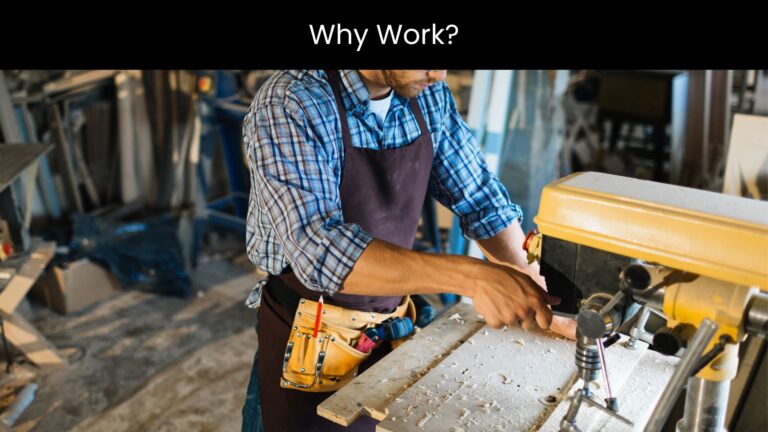
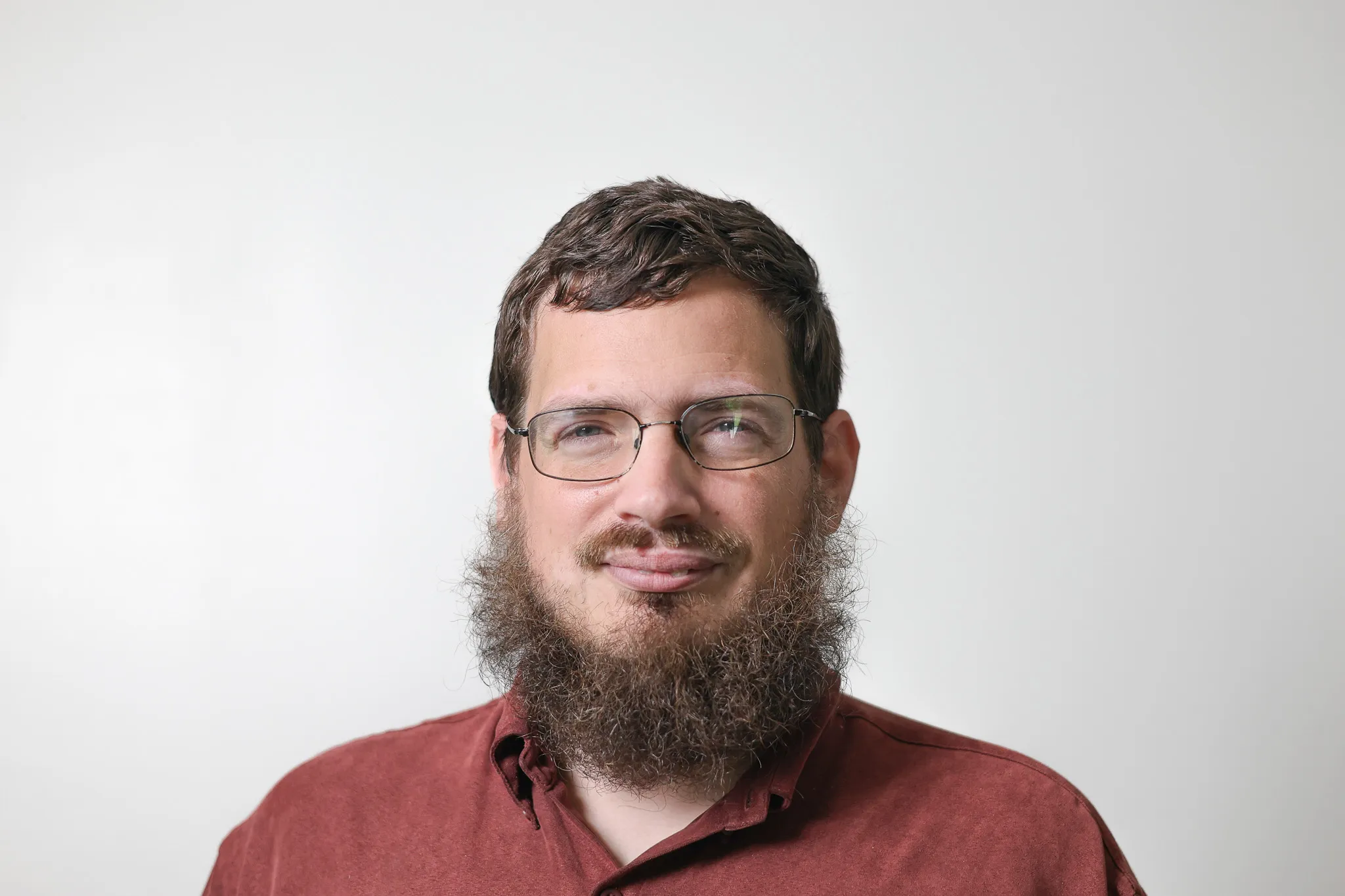
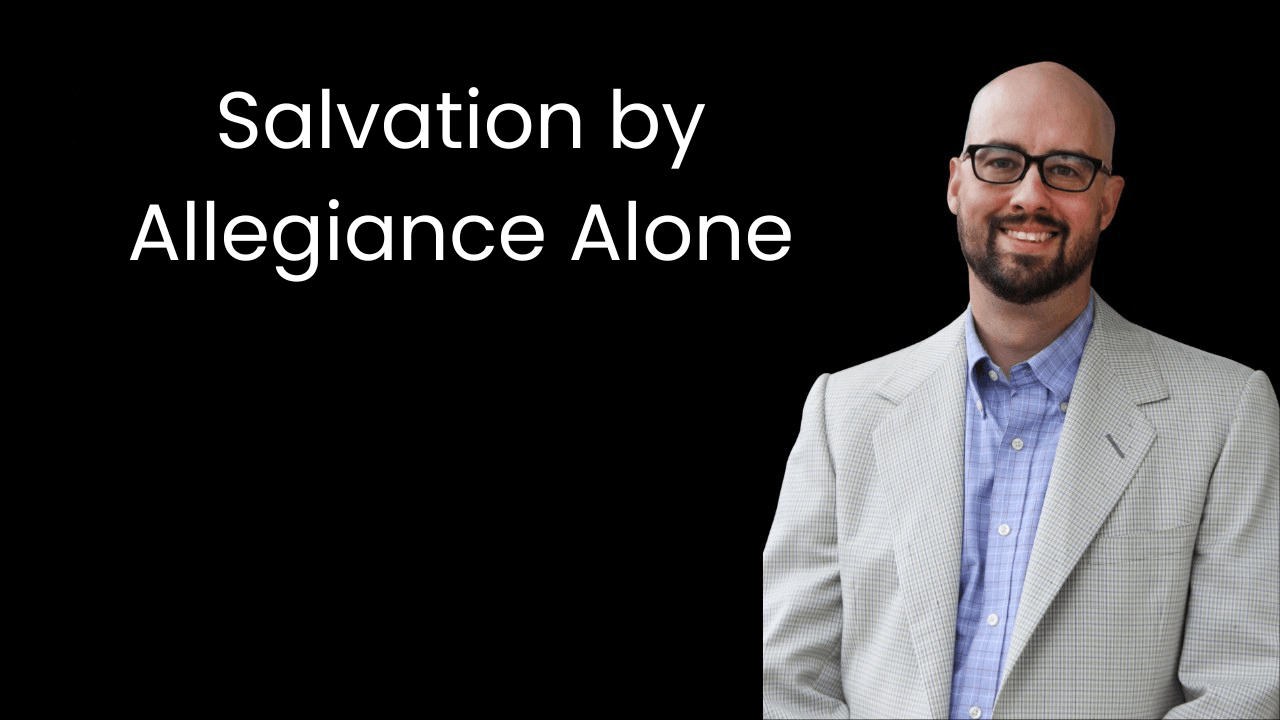
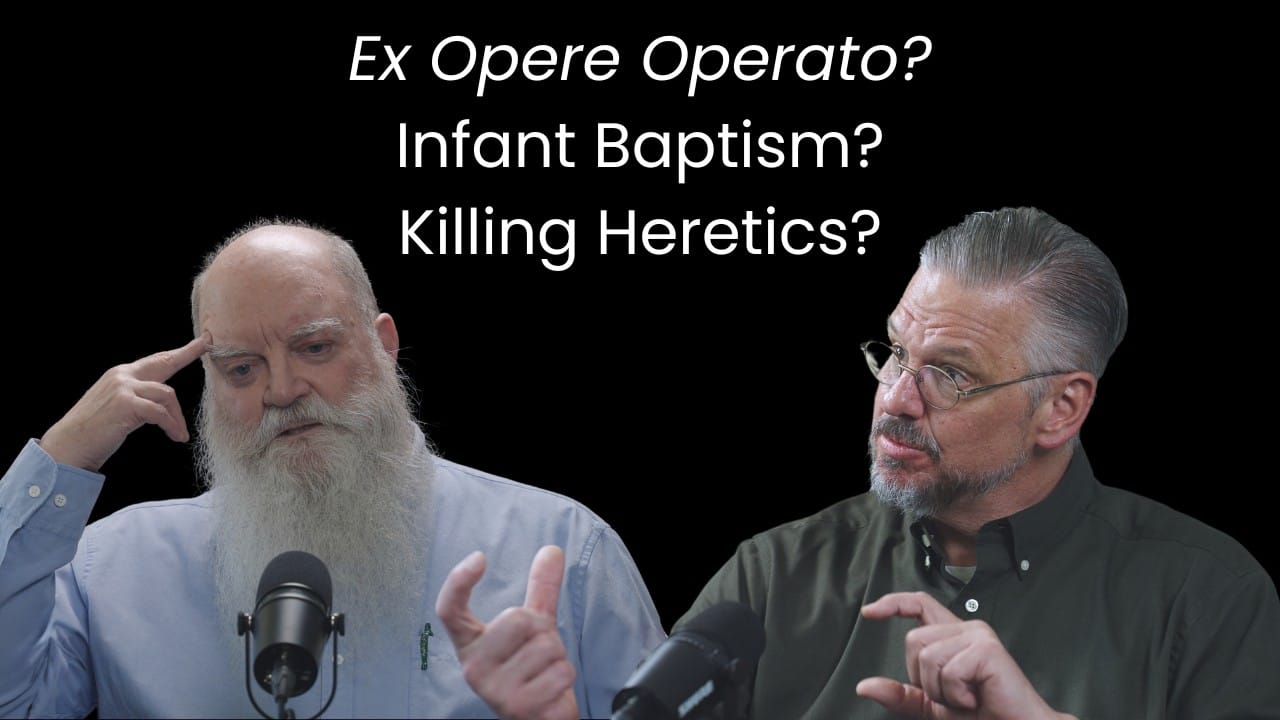

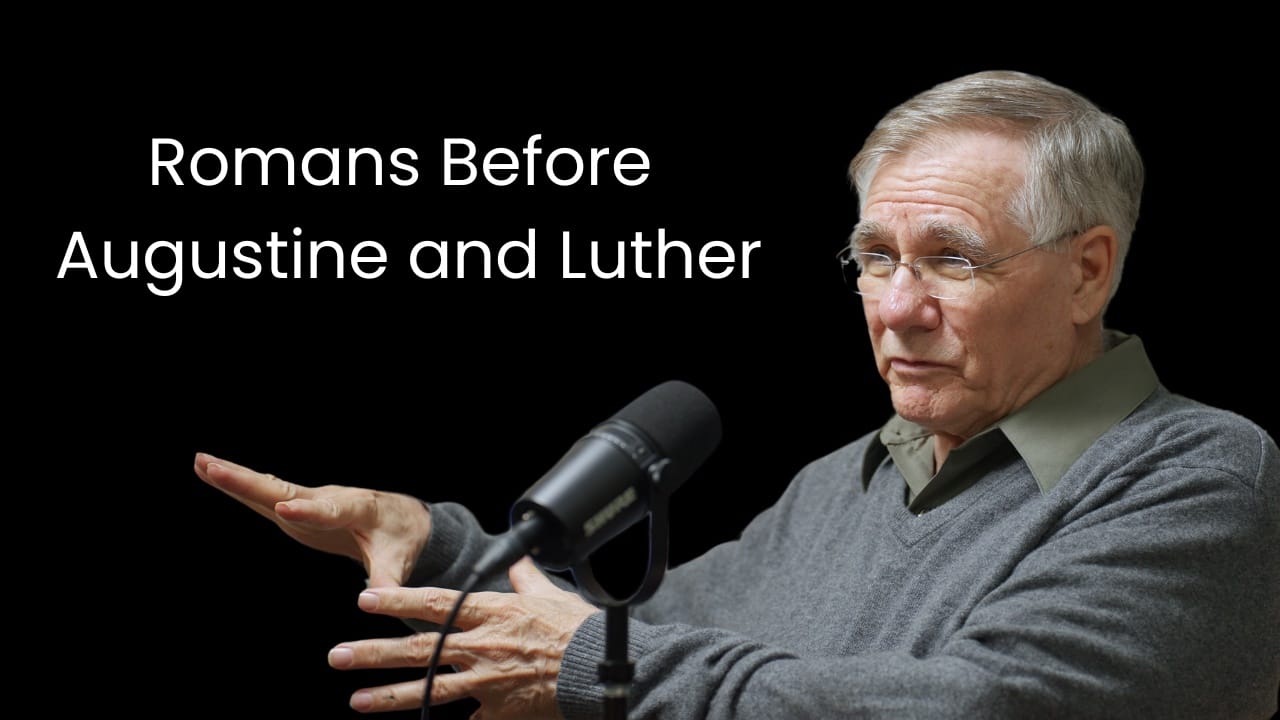

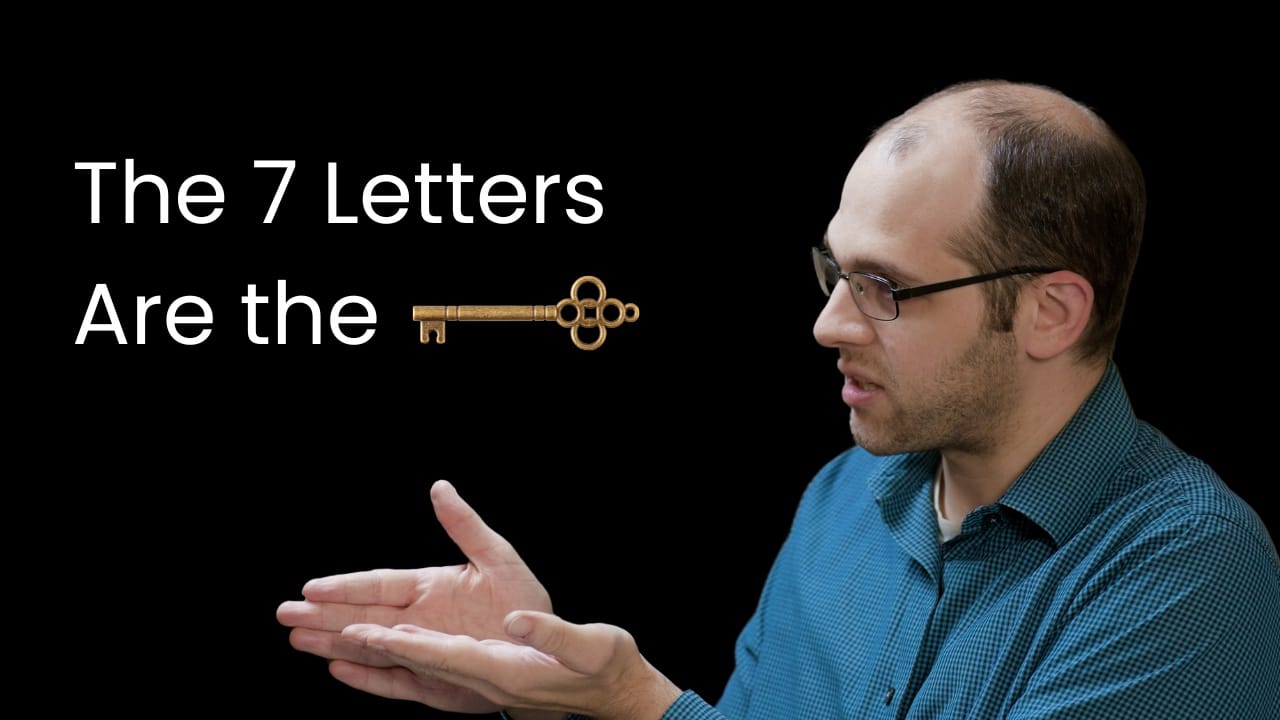
Leave a Reply